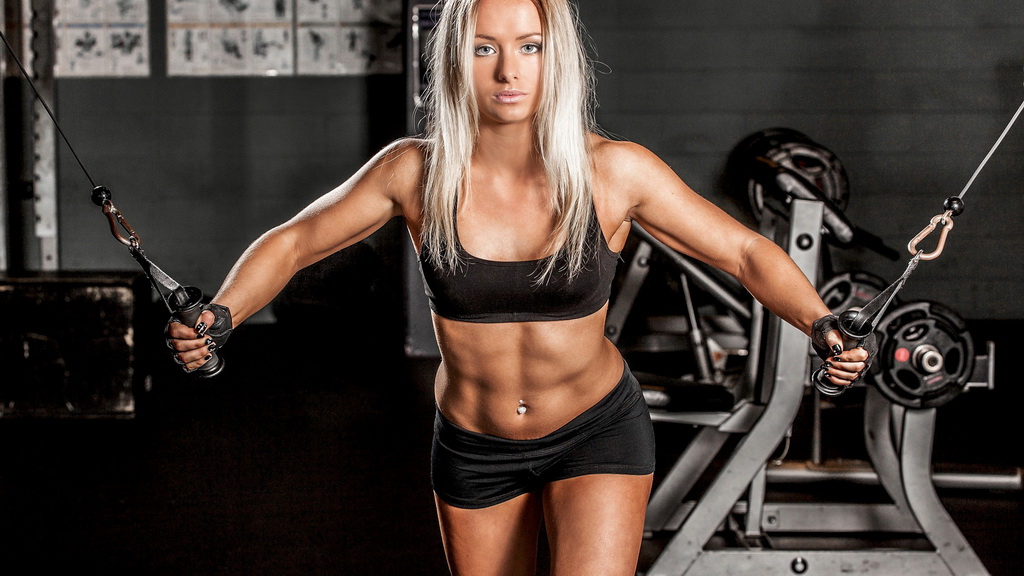Intense physical activity requires high energy consumption, so the diet should be high in calories and balanced so that the body can quickly recuperate. When choosing specialized nutrition for athletes , the volume and number of servings are also taken into account, calories are clearly distributed throughout the day, the ratio of nutrients is regulated depending on the type of sports activity. Despite this, there are general dietary rules that should be adhered to by everyone who is actively involved in sports.
Features of sports nutrition
During heavy physical exertion, the body needs a lot of energy, and the first thing to consider is the calorie intake. When it is insufficient, the body begins to use fat reserves, and then destroy muscle fibers in order to replenish energy losses. The calorie content of food depends on the sport and the weight of the athlete. It is for this reason that we have developed two main nutrition programs:
- The Power menu is designed for 2600 kcal. It is suitable for athletes as well as beginners looking to gain muscle mass. Weightlifters need more calories, so we recommend combining our diets according to your needs;
- The Balance diet includes 2000 calories and is more suitable for women doing Pilates, aerobics, yoga and other gymnastic sports.
In addition to the energy value of food, sports nutrition should be balanced in terms of macro- and micronutrients.
On the importance of BJU (proteins, fats, carbohydrates)
During training and competition, the body loses many nutrients. First of all, glycogen is consumed – a substance that is produced from carbohydrates and is stored in large quantities in the blood, muscles and liver. During exhausting exercise, it is converted into glucose, resulting in increased endurance and performance. For this reason, it is necessary to enrich the diet with complex carbohydrates (cereals, vegetables, pasta, bread). Their number can reach 60% of the total daily diet. Also, immediately after hard workouts, it is recommended to drink a glass of juice with fructose or sugar. For athletes, sugar is an important source of “fast” glucose, which prevents the depletion of glycogen stores.
Proteins should make up 30% of the diet, as they are a building material and a source of essential amino acids. Specialized nutrition for athletes contains mainly animal proteins in the form of lean poultry, beef, lamb, eggs, dairy products. Vegetable proteins are found in nuts, seeds, vegetable oil – in foods that are a source of polyunsaturated fat. Despite the fact that fats are important for the body, they should not be more than 20% in the diet of a sports person, as they are digested slowly, which reduces performance.

Essential Minerals
During stress, the reserves of such important minerals as:
- Phosphorus – being part of the body’s most important energy source (ATP), it affects the functioning of skeletal and heart muscles. The ATP (adenosine triphosphate) molecule lives no longer than one minute and is constantly renewed, so the intake of phosphorus is very important. You can get it from fish, cottage cheese, dairy products, eggs and grains;
- Magnesium – participates in the regulation of glucose levels, protein synthesis and assists in the absorption of vitamins, and also controls the level of hormones such as adrenaline and cortisol. It is found in large quantities in fresh vegetables, as well as in nuts, sesame seeds and bran;
- Iron – found in meat and fruits. It promotes the formation of hemoglobin, which saturates muscles and organs with oxygen.
